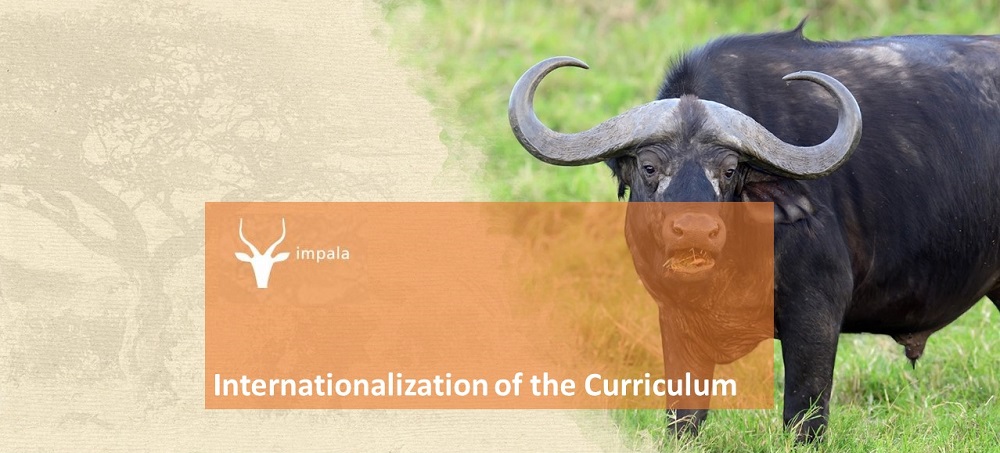The rationale for developing our international partnerships is driven by an urge to broaden the perceptions and worldview of our students by developing their international competences (ICOMs).
Rationale
Internationalization offers an opportunity to connect our students with students across the globe. Given our constraints at CPUT, especially financially, for us the focus is on Internationalization at home (I@H). Within partnerships between North and South, interrogating decolonization is a crucial requirement for forging authentic partnerships. These partnerships require an understanding and critical engagement with one’s own station and position in a local as well as a global environment.
Development of activities
Since our first partnership about 10 years ago, we consistently explored ways in which such international engagements can become more than simply hosting students from abroad. Thus, in the Senior Phase (SP) and Further Education & Training (FET) Programme at CPUT, we have hosted a student conference for the past three years. The conference is attended by senior CPUT students who take one of the three languages, i.e. isiXhosa, Afrikaans and English as a major subject and by the visiting students from the University College Arnhem and Nijmegen in the Netherlands, and the University College Leuven-Limburg (UCLL) in Belgium. In 2018 a group of students from Denmark also attended.
In 2016, our first conference theme was “Exploring ICOMs”. The first half of the programme consisted of presentations, and included principals from the schools where the HAN and UCLL students were hosted, representatives from the CPUT International Office, and academic staff from the SP and FET Programme as speakers. The second half was dedicated to workshops on ICOMs. In these sessions students from the different institutions were deliberately mixed. This ensured that issues like language, culture, gender, “race” and religion could be debated more vigorously.
In 2017 the theme was “Internationalization for Decolonization.” The first half was given to individual speakers, e.g. a student activist from UCT, the Dutch Consul General, and academic staff members from CPUT and the HAN. The second session was led by a panel consisting of representatives of the HAN and UCLL and of the CPUT Student Representative Council. Very pertinent issues were raised which aimed to enhance the participants’ ICOMs and sensitized them to the complexities of decolonization.
In 2018 the whole day was dedicated to student presentations. The HAN focused on their community engagement, the CPUT group reported on the Winter School they attended in The Netherlands and UCLL shared their challenges and achievements regarding the team-teaching that they employ during their Teaching Practice placements. All three sessions were very interactive and the 120 students present participated enthusiastically. During these discussions the students become aware of the role of ICOMs in engaging effectively. The more we engage on different levels, the more the differences fade and the common humanity is highlighted. The conference ended on a high note with each group doing a “rap” song on what they will take home from the conference.
Conclusion
We should continue to seek ways to develop our students ICOMs. It should assist in empowering them to become truly decolonized citizens of the world.


